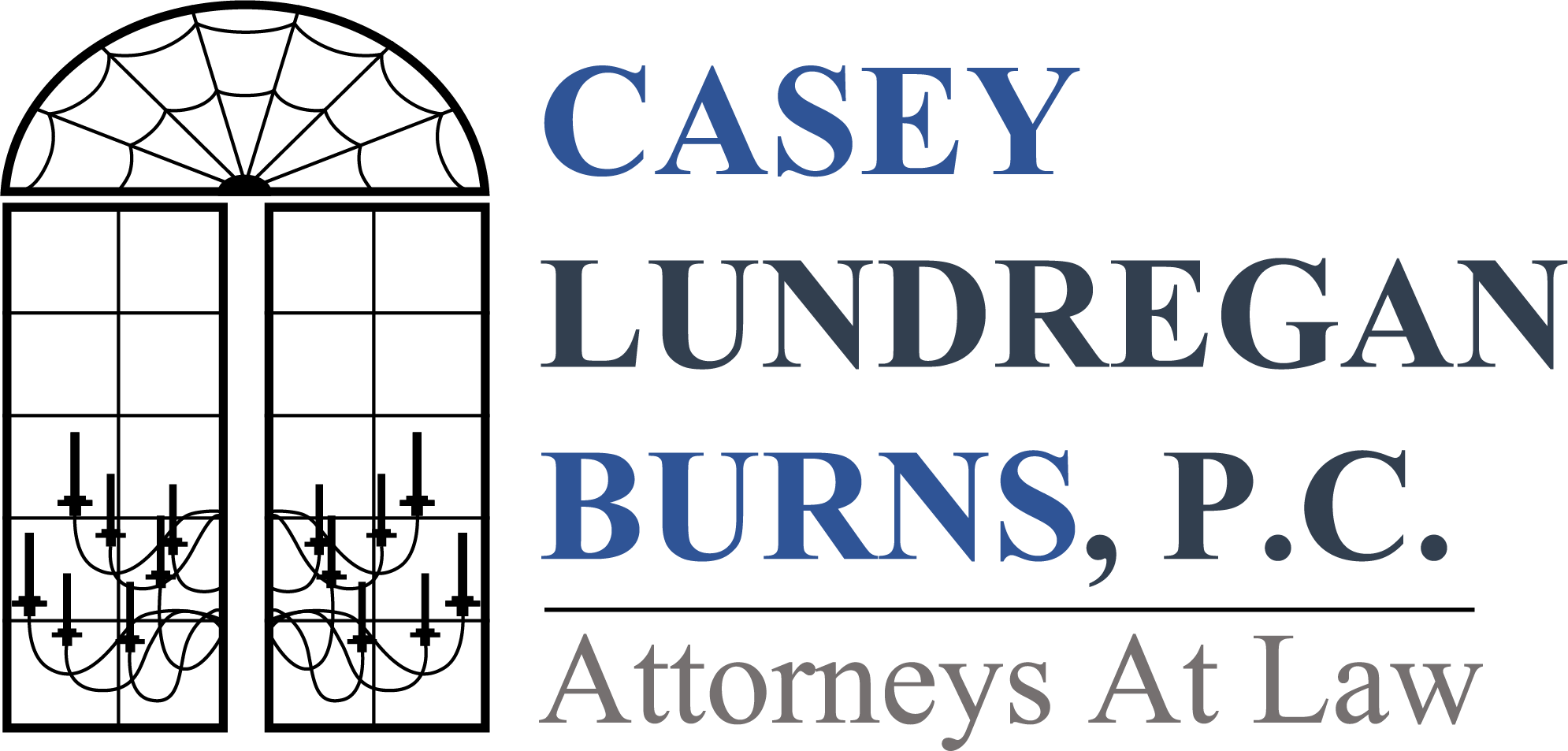The purpose of this article is to debunk some of the commonly held myths about asset protection and to motivate the reader to take some basic, inexpensive steps to learn how to protect their nest egg.
MISCONCEPTION 1: Asset protection is only for the very wealthy…
REALITY: If you practice medicine and you have any savings, then you should learn about asset protection. Even a modest nest egg is worth protecting. The experience of being a defendant in a serious medical malpractice case is very stressful for the average physician. While the odds are low that a doctor will face a judgement in excess of the insurance policy limits, the fear of this outcome is a major contributor to litigation stress. The fear of losing one’s life savings is behind some cloudy thinking in the lawsuit settlement negotiation process. If you work on protecting your assets now, you will have one less thing to worry about in the future if you become a defendant.
MISCONCEPTION 2: I have good insurance, so I am protected…
REALITY: Judgment creditors will not stop with your insurance. They want it all. Also, some insurance companies will try to deny coverage when there is a claim. If you become a defendant, you will sleep better at night if you are not worried about losing your shirt in the event that a judgement against you exceeds your policy limits. In addition, some companies are eager to end your policy if you are late paying your insurance bill. You do not want your life savings lost due to an accident in your home because you went on a long trip or you misplaced the bill for your homeowners insurance and your company cancelled your policy.
MISCONCEPTION 3: “Get our packaged program and avoid paying potential creditors.”
REALITY: Every situation is different, and there is no “one size fits all” program of asset protection that fits every situation. Promoters of packaged programs often fail to help their clients properly implement their plans. Real estate never gets transferred. LLC registrations never get changed. It’s like the client buys an expensive safe, but no one ever helps the client put the assets inside the safe. As a result, these packaged programs can be easily knocked out by aggressive creditor attorneys. Also, avoid the latest fads in this area because those are the ones that will most likely to be the subject of new laws that can make your cutting edge “bulletproof” plan worthless.
MISCONCEPTION 4: I can work on my asset protection plan in the future (when I have more money, when I am older, when I get sued, when I am not so busy).
REALITY: The time to set up the basics for protecting your assets is now. Your asset protection plan gets better with age. The newer your documents are, the more legal arguments a potential creditor has to unwind your plan and have a court make your assets available to the creditor. Also, your plan must be implemented before you find out you have been named as a defendant in a medical malpractice or other civil suit. No matter how small or large your net worth is currently, it deserves protection from the broad range of folks who would like to take your life savings away from you.
MISCONCEPTION 5: “Asset Protection planning will cost me a fortune and I can’t afford it.”
REALITY: If you are a doctor, how much do you pay for malpractice insurance? Do you realize that the policy only covers malpractice claims, and typically only for $1 million? In comparison, a good asset protection plan will provide complete protection against any lawsuit, in any amount and for the rest of your life. And the total one-time cost is almost always significantly less than the annual cost of malpractice insurance. Don’t think of asset protection as an expense. Think of it as an investment that will protect your assets for the rest of your life.
MISCONCEPTION 6: I am putting all my assets in my spouse’s name (and my spouse is not a doctor) so we do not have to worry about this.
REALITY: Hope springs eternal, but the odds of getting divorced are much higher than than the odds of losing a malpractice suit that exceeds your policy limits. In addition, a key rule of asset protection is to not put all of your eggs in one basket (or one member of the family). While the non-medical spouse may not have to worry about a malpractice suit, another civil suit (such as one arising from a car accident) could occur.
MISCONCEPTION 7: “I’m too careful to get sued.”
REALITY: You don’t have to do anything wrong to find yourself involved in a lawsuit. It’s not what you do, but what you own that determines your vulnerability to lawsuits. Are you a business owner with employees? You can get sued if your employee does something wrong or makes a bad decision. Do you have a spouse or children? Any of them could cause a car accident.
